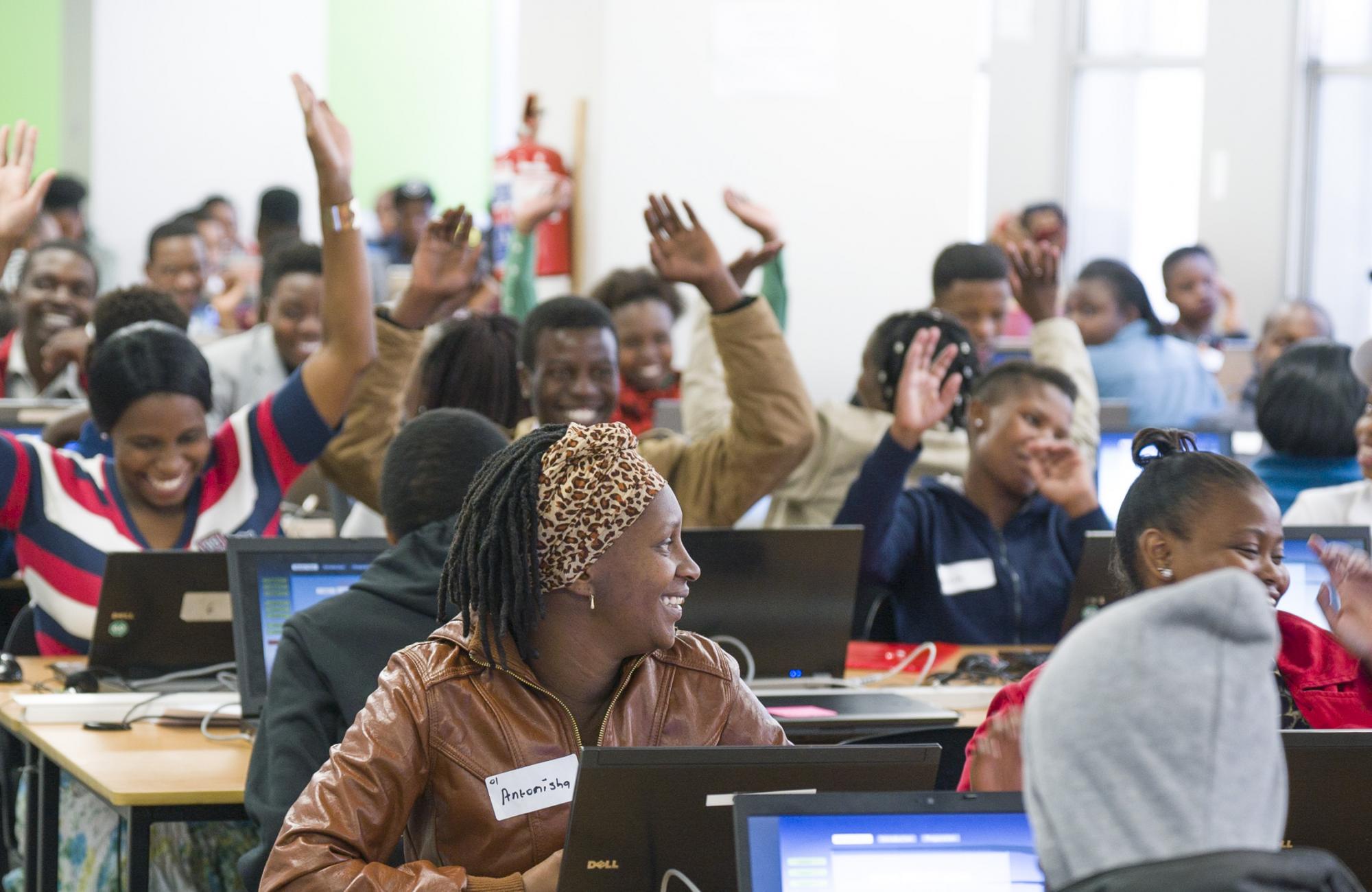Carranza, Garlick, Orkin and Rankin (2020) discuss their latest paper, showing that assessing young work-seekers’ skills can increase earnings and employment and help prospective employers too. With 67.6 million people aged 15-24 unemployed in 2019, the potential of this intervention to mitigate labour market frictions is exciting.
In the Oxford Science blog, Dr. Stefan Dercon writes about no-regret policies for education in the wake of the COVID-19 pandemic.
In partnership with the Psychiatry Department at Oxford University, CECD Blackpool has made a film full of tips for parents on how to talk to young children about the Coronavirus.
Why have governments shifted to using cash in low and middle-income countries? Dr Kate Orkin discusses the evidence supporting cash-transfers and how governments are trying to cope with widespread economic shocks and job loss caused by COVID-19.
Claire Cullen and Mahreen Mahmud feature in the World Banks blog on survey methods, and offer insights into using audio computer-assisted self-interviewing (ACASI) as a tool for conducting surveys on sensitive topics.
In coordination with a new World Bank report, Dr. Stefan Dercon joins a panel of experts to discuss a new World Bank's report on how the current situation presents a window of opportunity to prepare for the future, apply 'no-regrets' policies and refresh the way we approach education.
